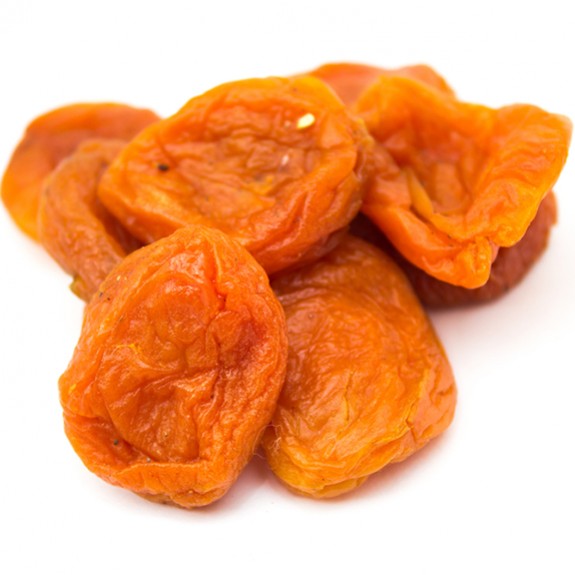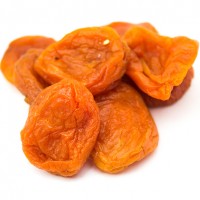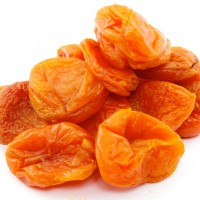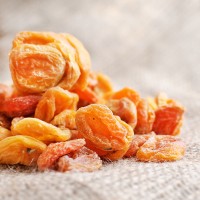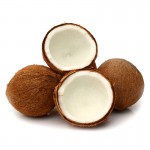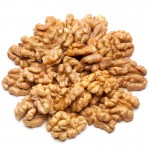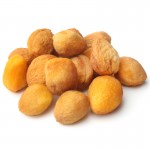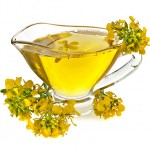Availability: In Stock
Traditional Kashmiri people soak the outer cover or pulp of Ladakhi apricots in water overnight and then consume in the morning. It is used to bring coolness inside the body and assists smooth functioning of digestive tract. Apricots can be used as a snack as well. 1-2 pieces of red apricots should be consumed on daily basis. They should be avoided when one is suffering from cough, as the sulphites in the apricot may cause minor allergies, though very rare.
They should be stored in cool and dry place away from moisture, average temperature being <25°C.
The stock should be rotated to optimize shelf life.
They should be kept away from strong odors.
Refrigeration will make their outer shell very hard, hence harder to consume in raw form. However if soaked in water overnight, they become softer and more convenient to eat.
The dietary fibre in the fruit improves the digestive system, which helps to increase the digestive system metabolism.
Apricots are highly beneficial for our ophthalmic health. Being rich in vitamin A, with carotene and lutein, it helps prolong vision in people suffering from retinitis pigmentosa. It also delays loss of peripheral vision.
Apricots strengthen the bones as they are packed with both calcium and potassium.
The combination of vitamin A, C and phytonutrients, present in Ladakhi apricots are considered very good for the skin.
India
Shelf life of Ladakhi apricots is around 8 months, if stored in cool and dry conditions.
More popularly known as “lal khubani” or “jardalu”, these apricots from Ladakh is the most common fruit of the Ladakh province in Northern India. Their vibrant orangish red colours, sweet and sour taste make them special in their own way. They have velvety skin and flesh, not too juicy but definitely sweet and smooth. They are free from cholesterol and saturated fats. These apricots are treated with sulphur dioxide in compliance with FDA standards, so as to maintain their colour and shelf life.
Jain Dry Fruits has direct procurement from Ladakhi growers and after selection and sorting, we make them available for our customers worldwide. These apricots are containing a seed inside, which when broken also gives a small edible kernel, which is also being sold. They are called apricot kernels. Apricots have found major application in the cosmetic industry as well, where they are used in the preparation of many beauty enhancing products.

